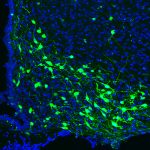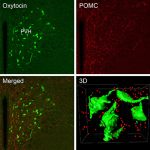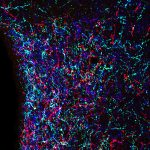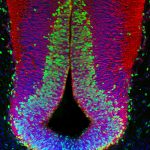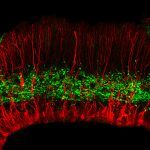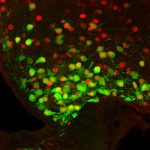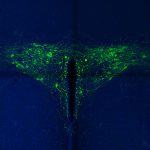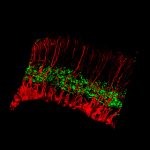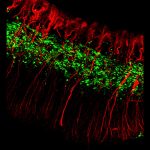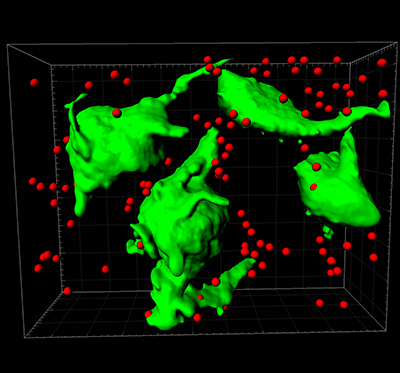Career
The growing prevalence of obesity and associated diseases, such as type 2 diabetes, is a significant health concern, particularly among children and pregnant women. Epidemiological and pre-clinical studies suggest that alterations in the metabolic and hormonal environments during critical periods of development are associated with increased risks for obesity and type 2 diabetes later in life. There is a general recognition that the developing brain is more susceptible to environmental insults than the adult brain. Specifically, there is growing appreciation that the developmental programming of hypothalamic neuroendocrine systems by the perinatal environment may be a contributing factor to these diseases.
The primary research interest of my team is to understand how neuronal circuits controlling energy balance develop and to explore the long-term consequences of their abnormal development on energy metabolism. Our current research projects aim to:
• Study the molecular factors governing the development of hypothalamic circuits that control appetite in pre-clinical models and patient populations.
• Examine environmental factors (such as obesogenic environments, endocrine disruptors, and artificial sweeteners) that influence metabolic diseases and hypothalamic development to unravel novel mechanisms for the development of obesity and identify crucial targets for obesity prevention
• Explore the role of the gut microbiota in metabolic programming and hypothalamic plasticity
• Develop neuropeptidergic interventions to improve behavioral and neurodevelopmental outcomes related to Prader-Willi Syndrome and identify the optimal periods for these interventions.


